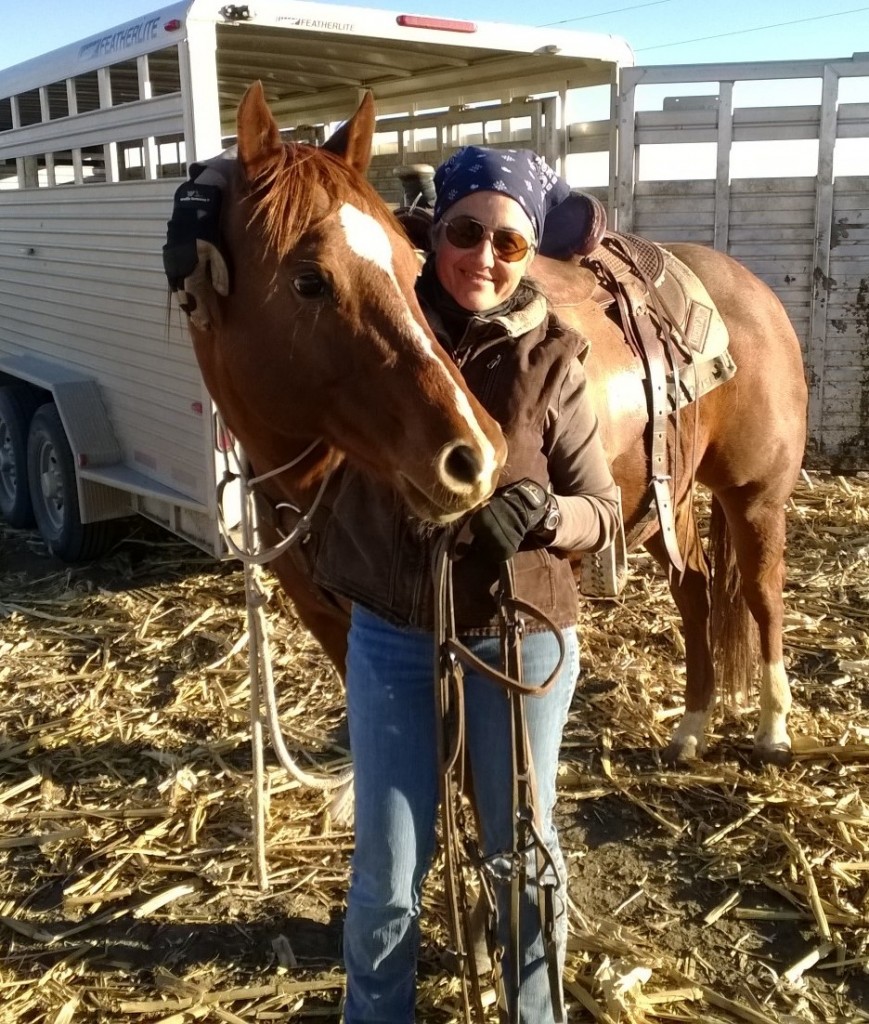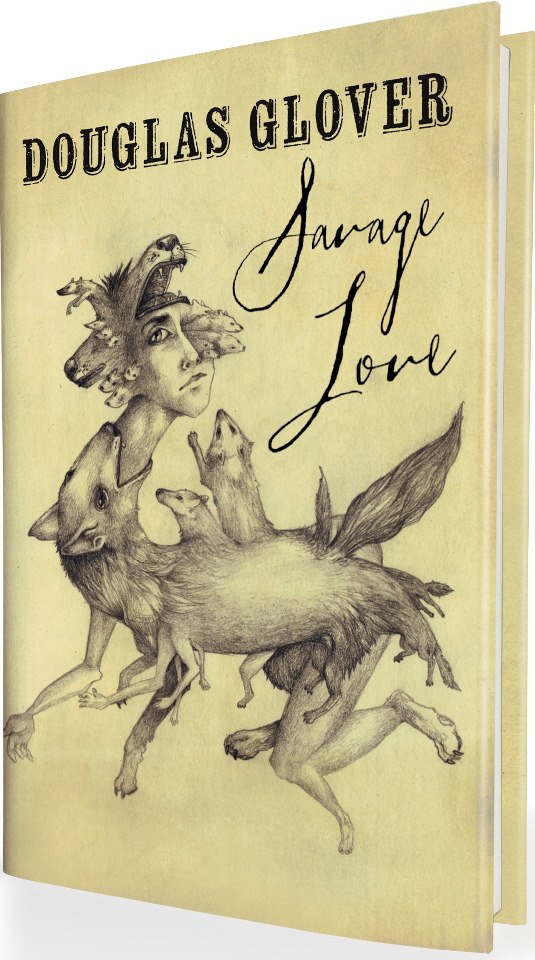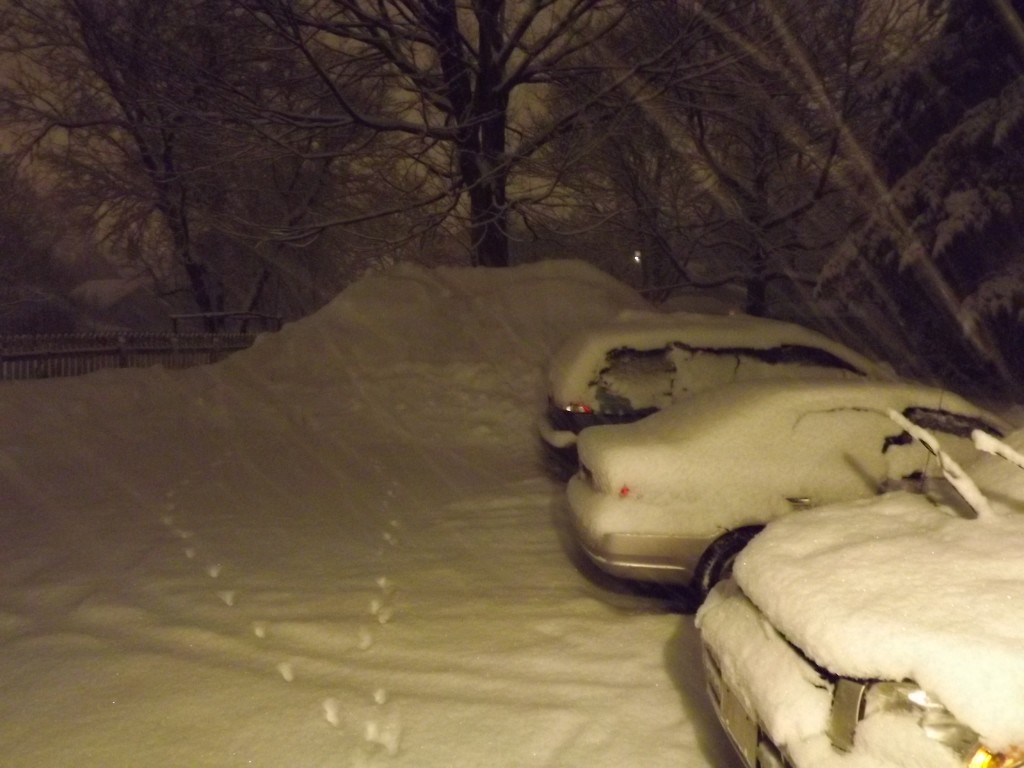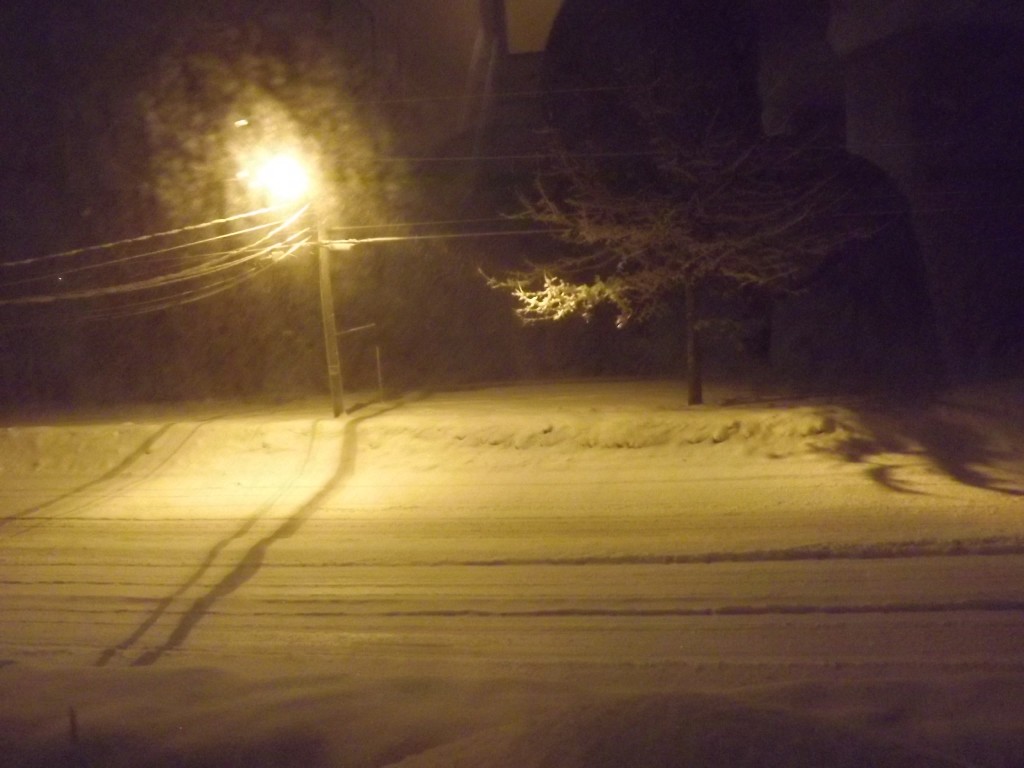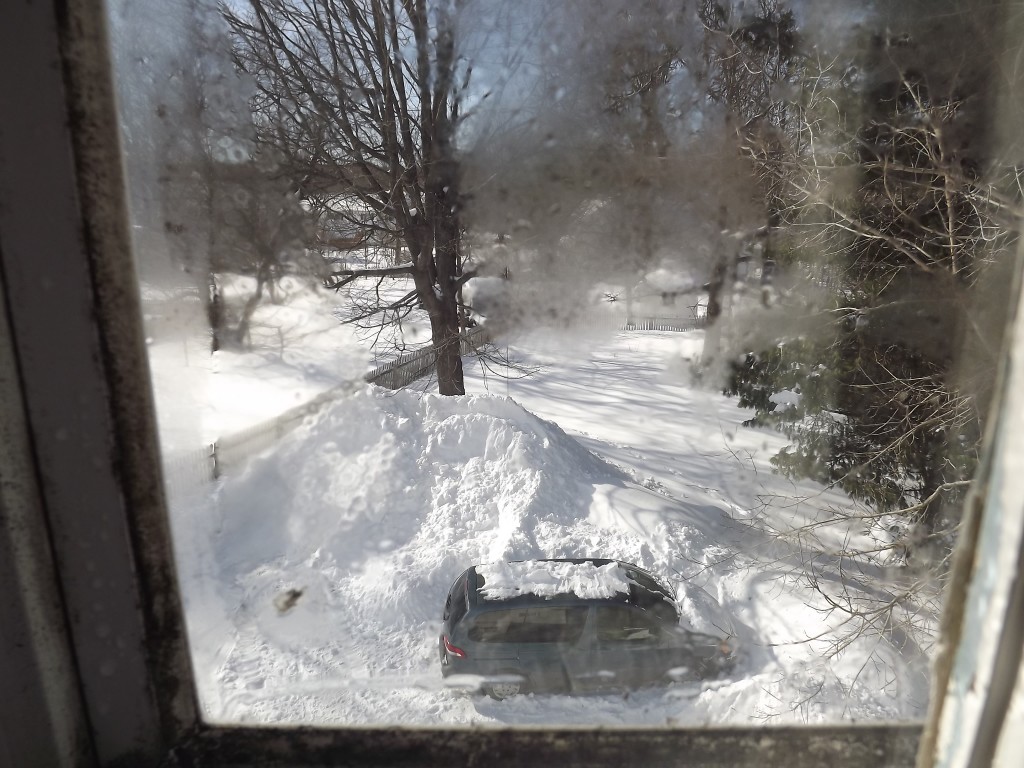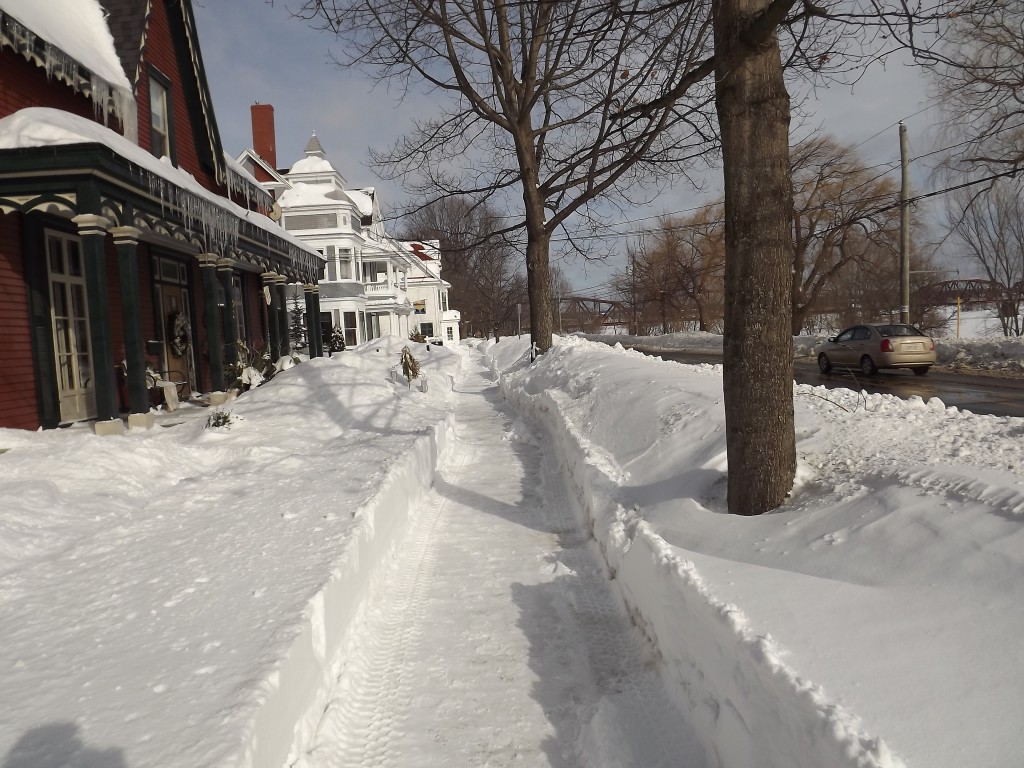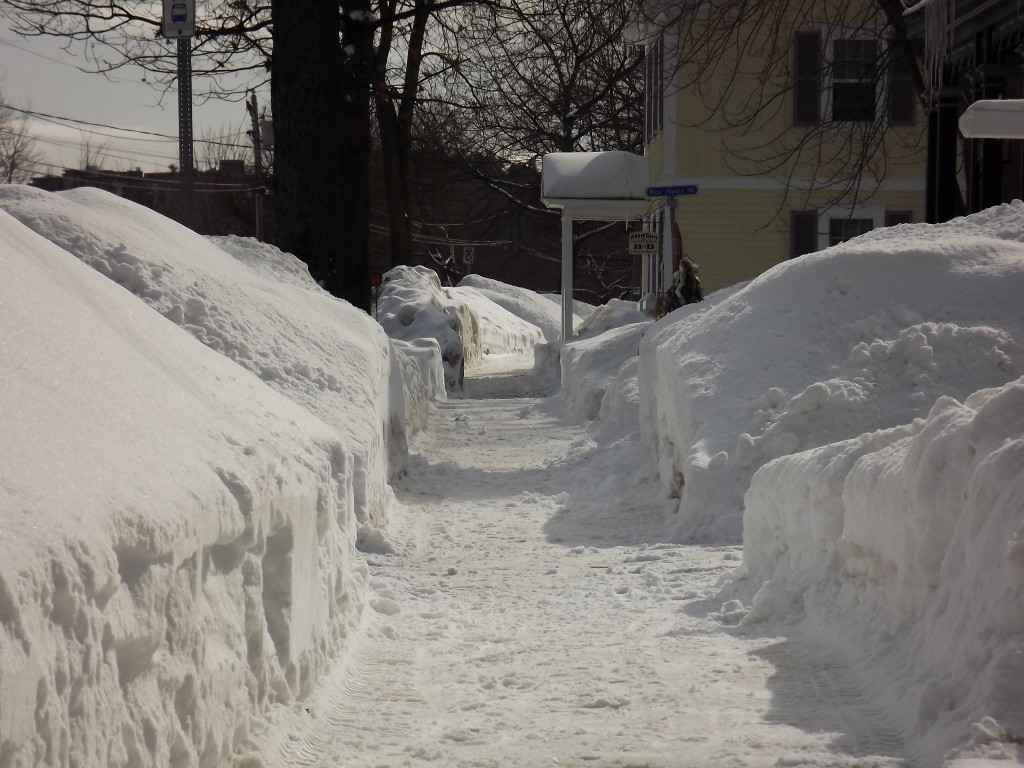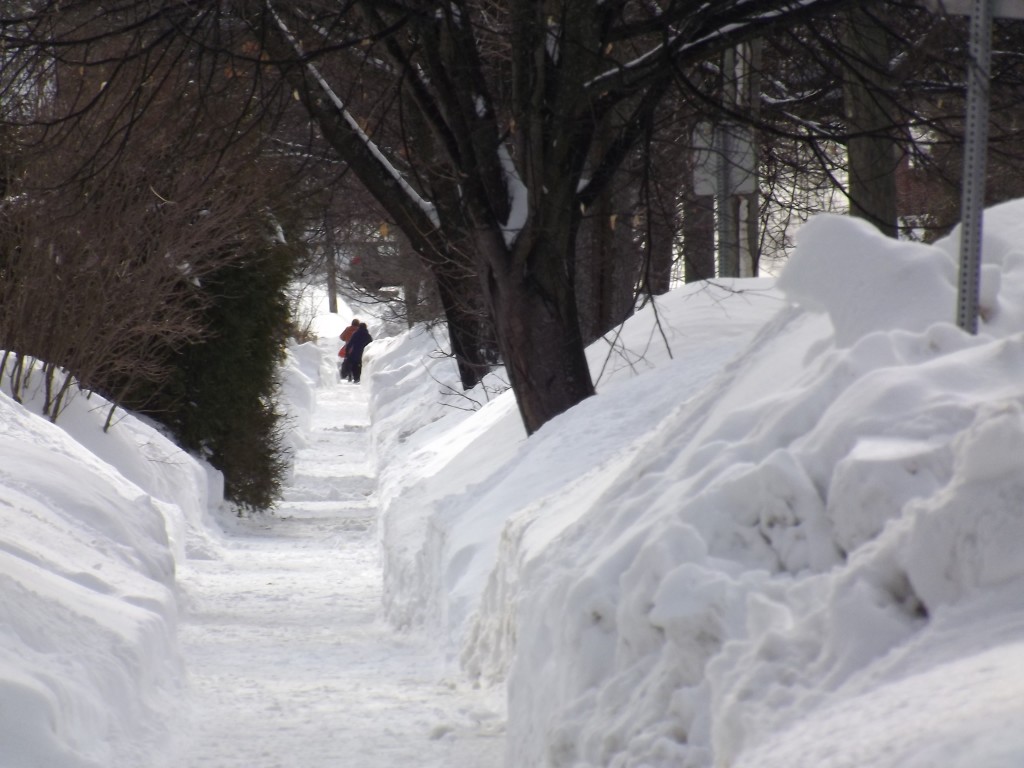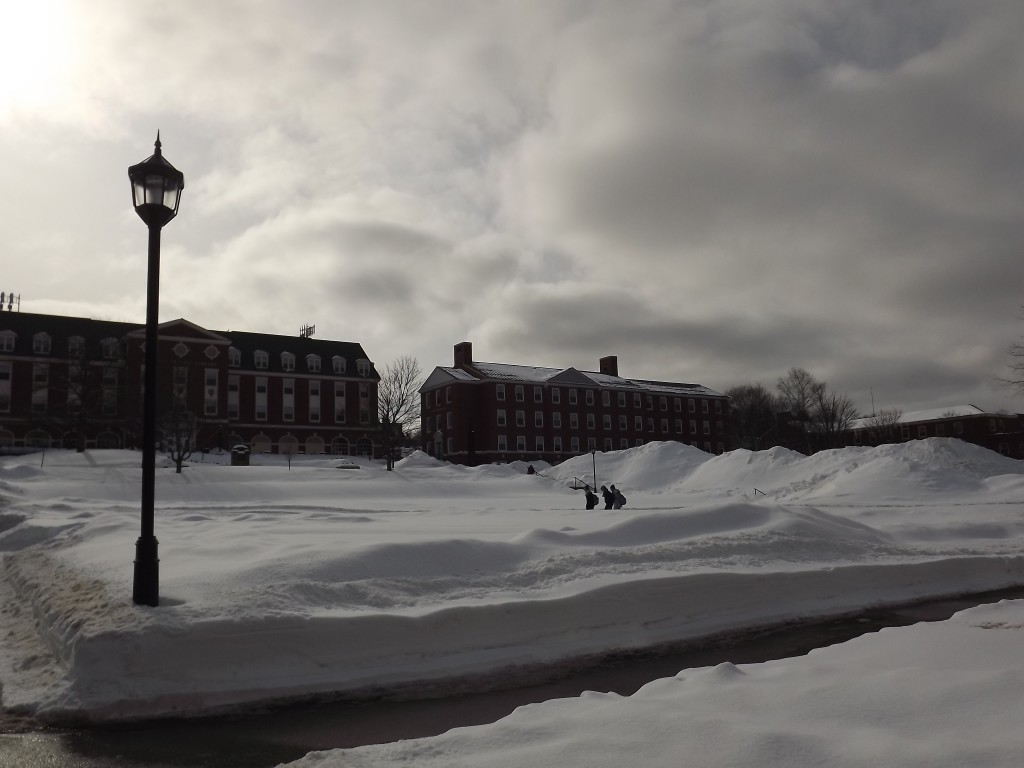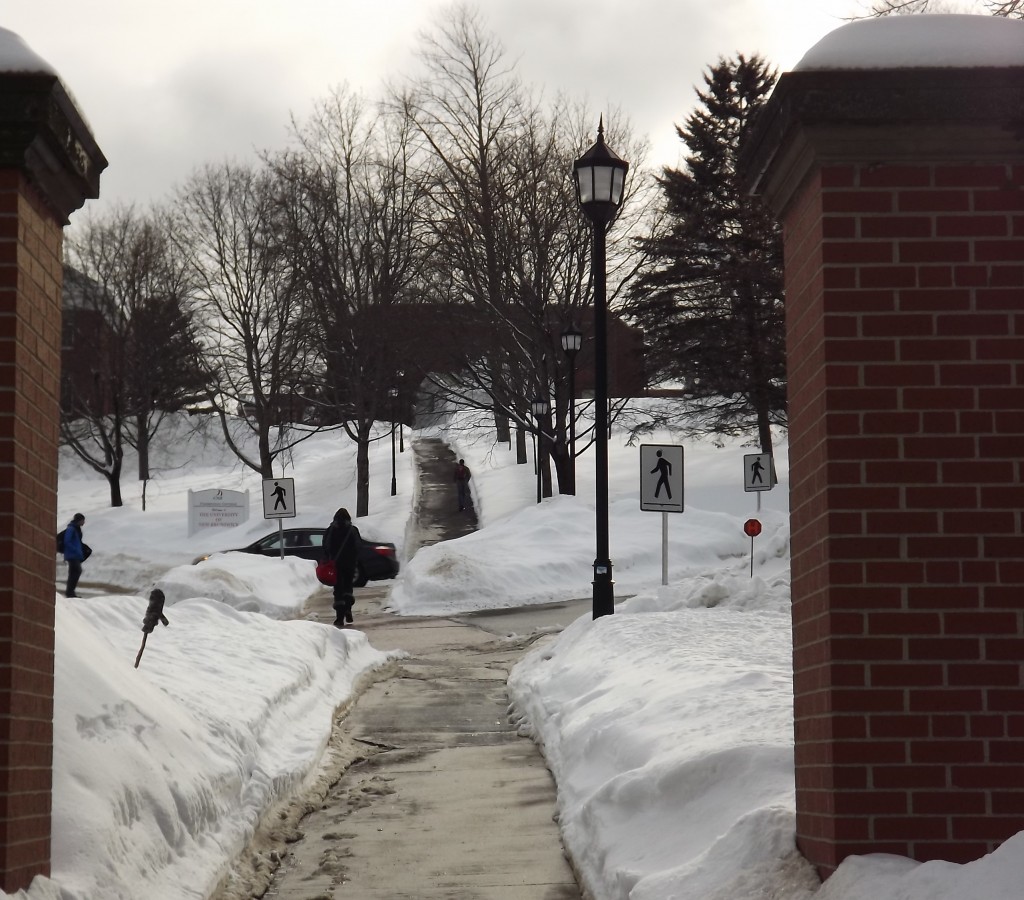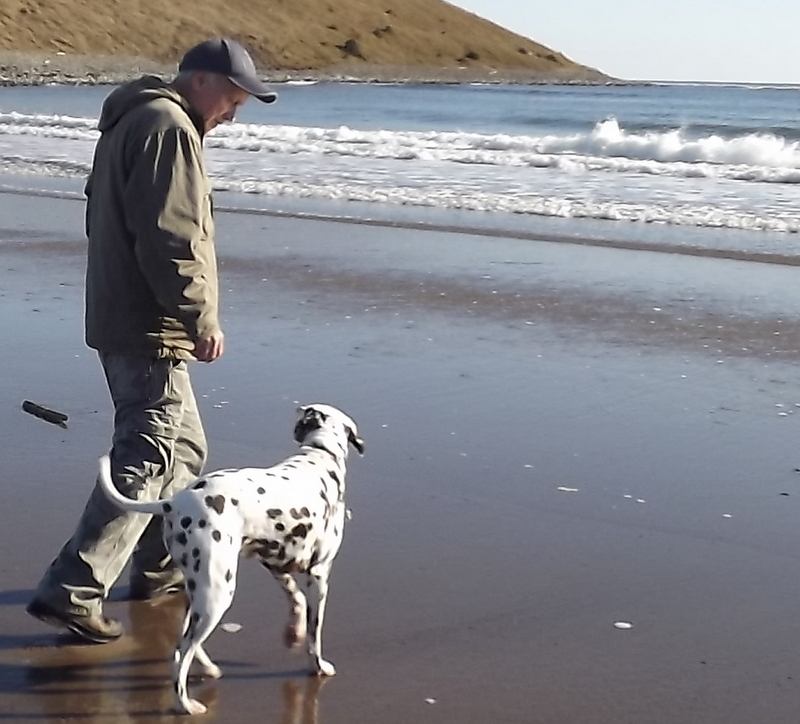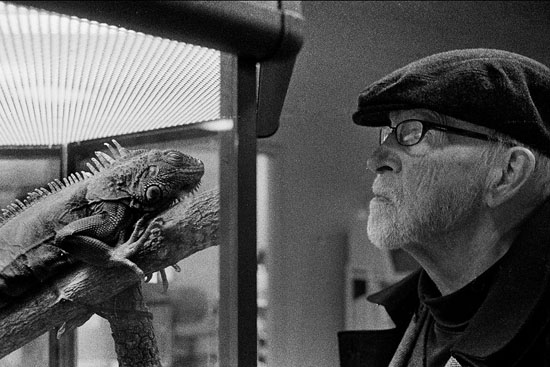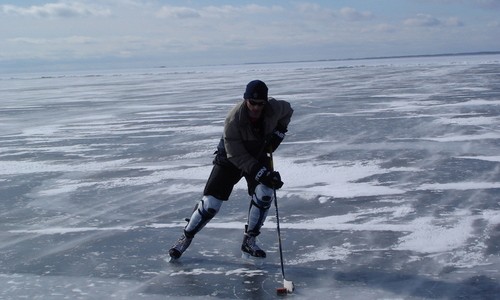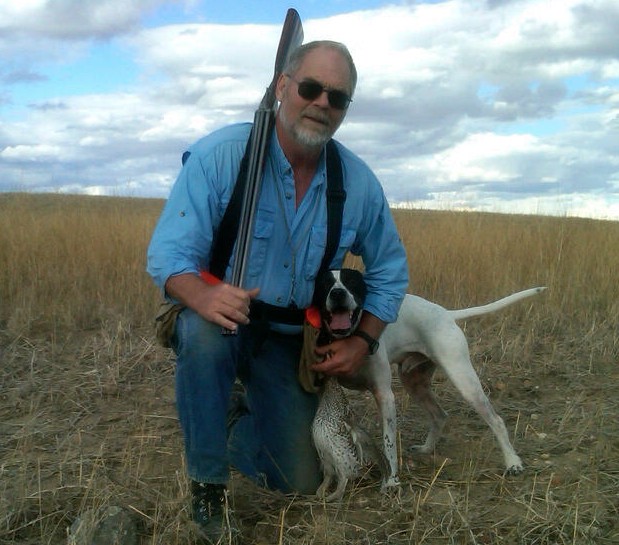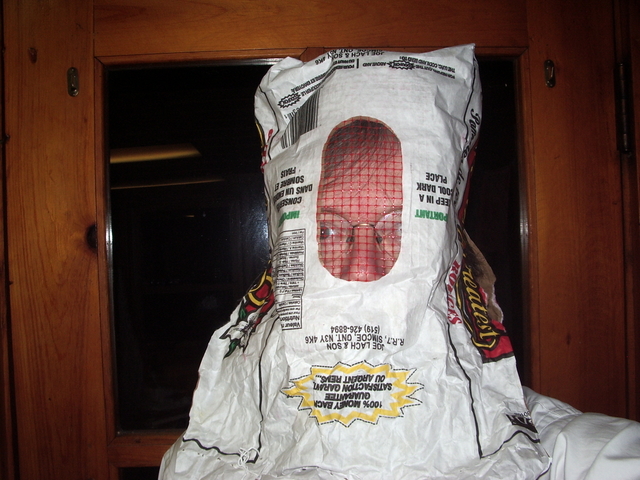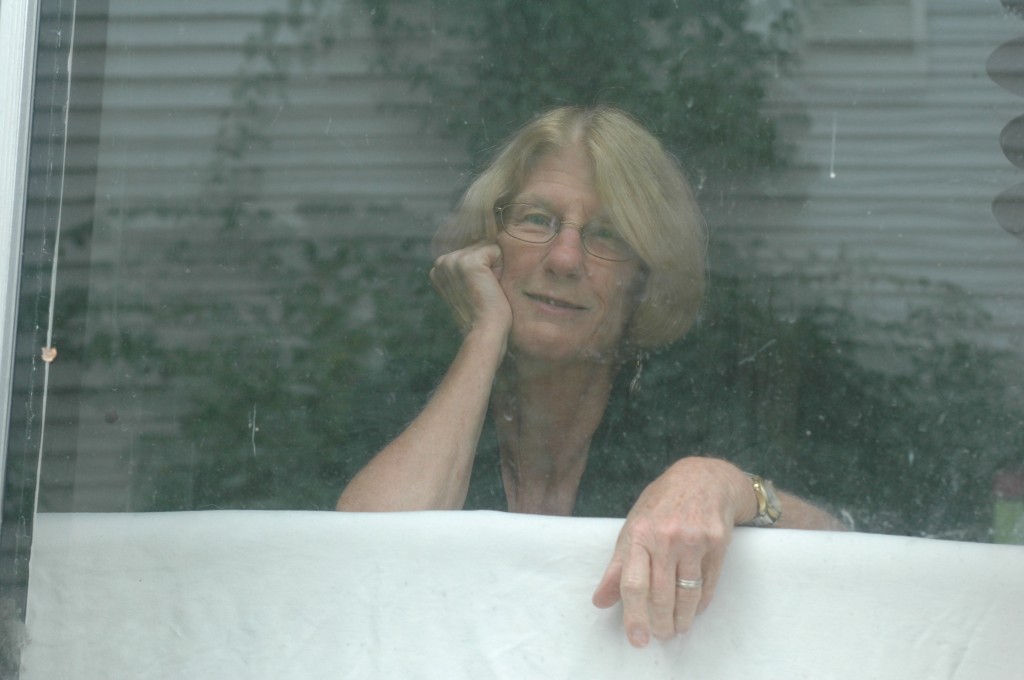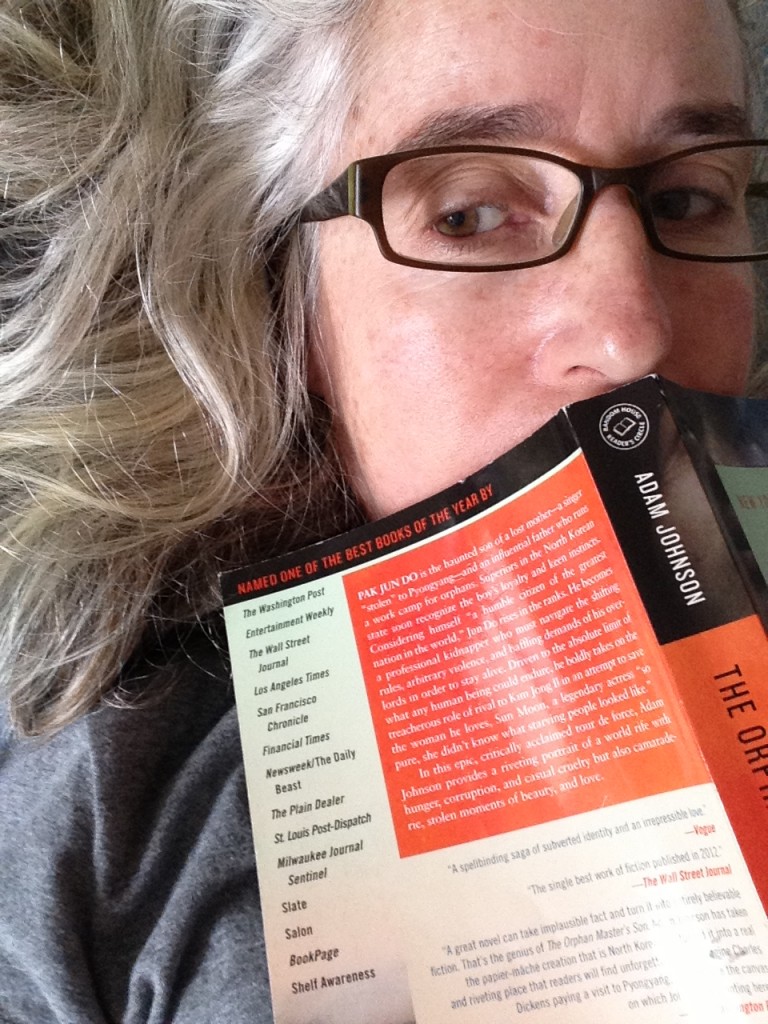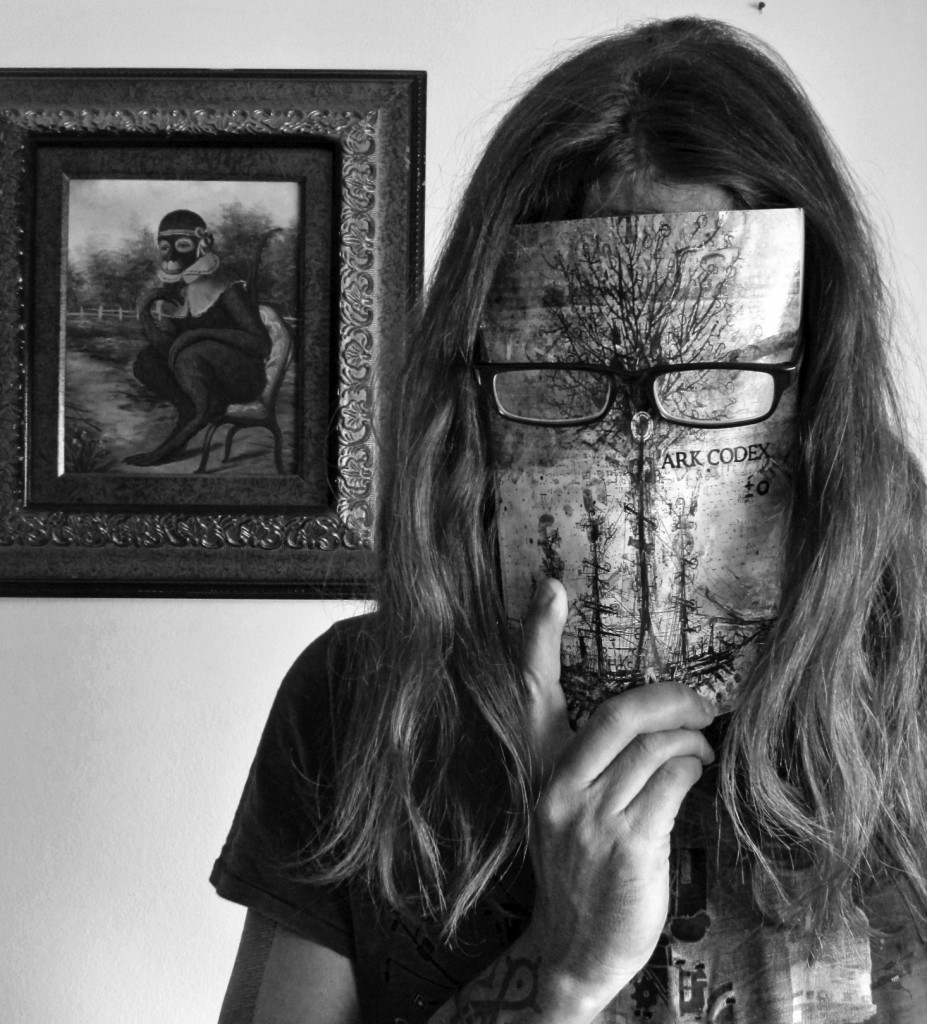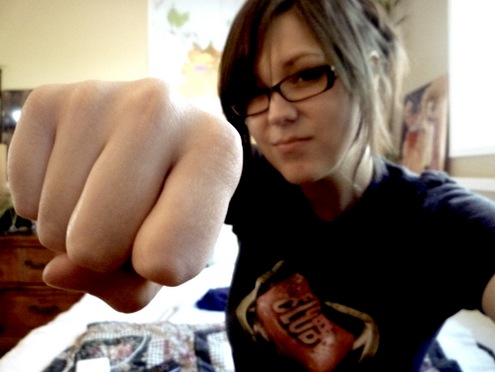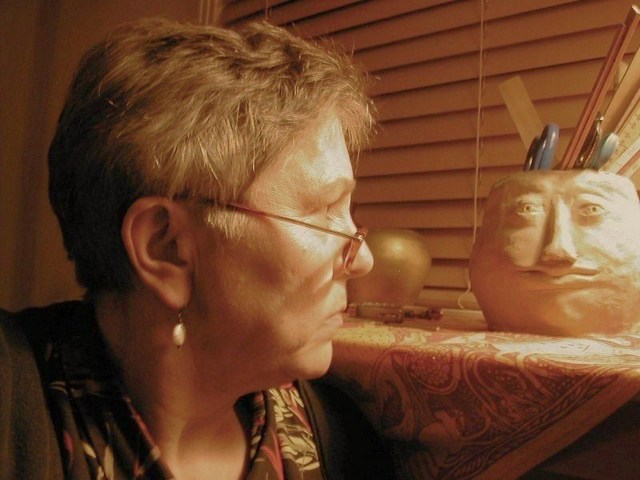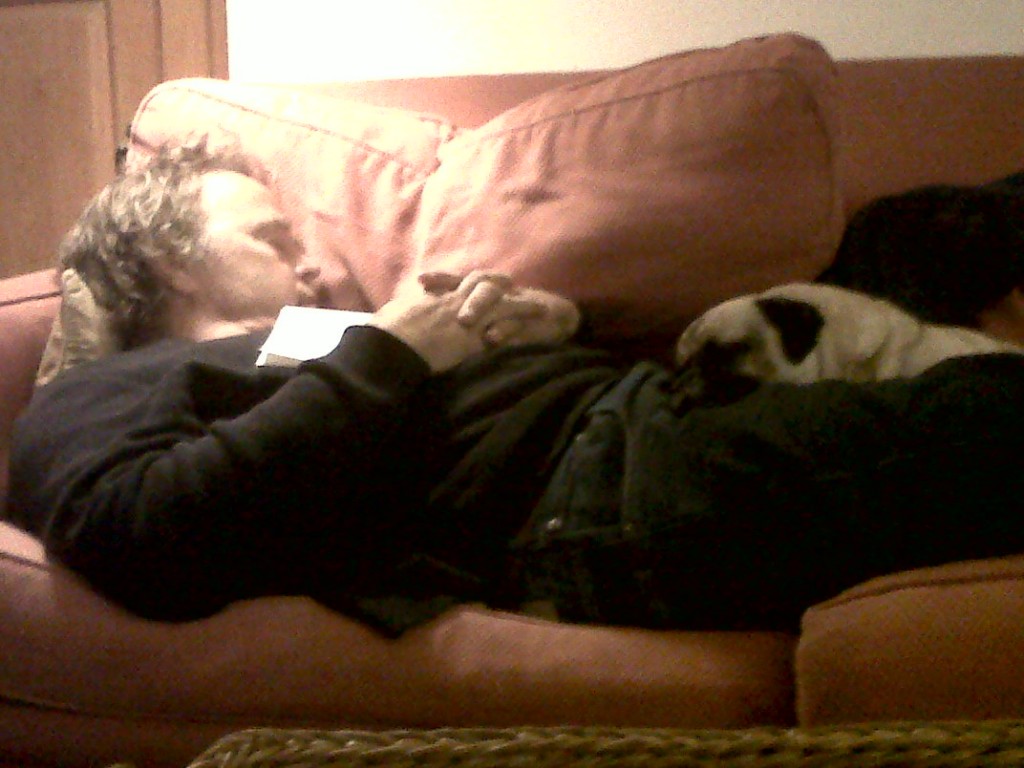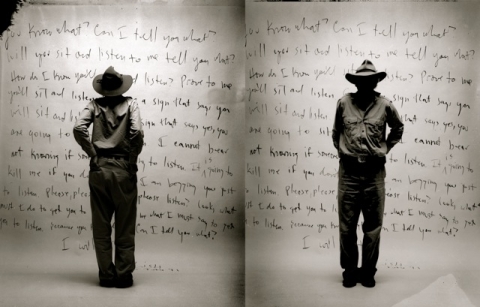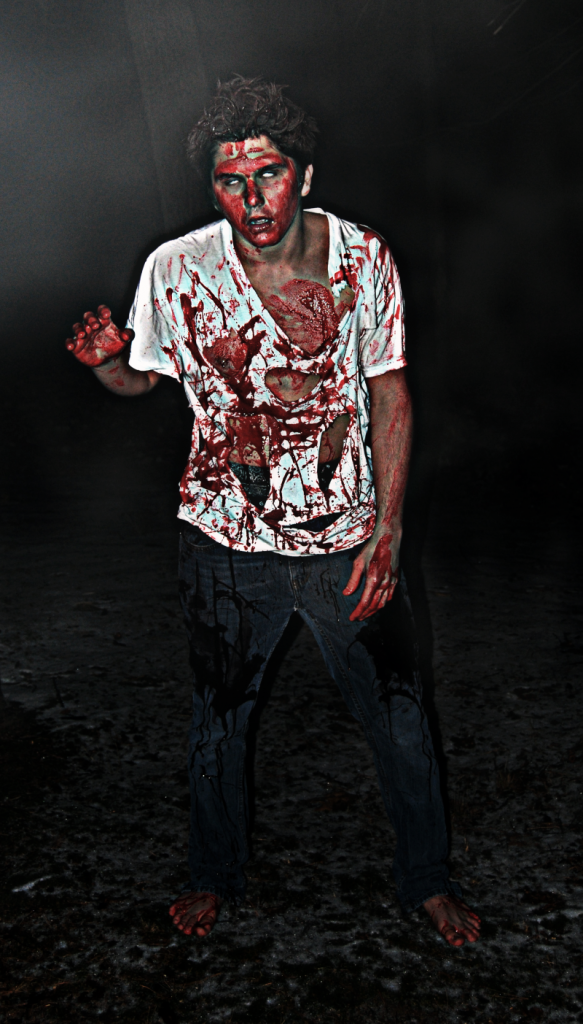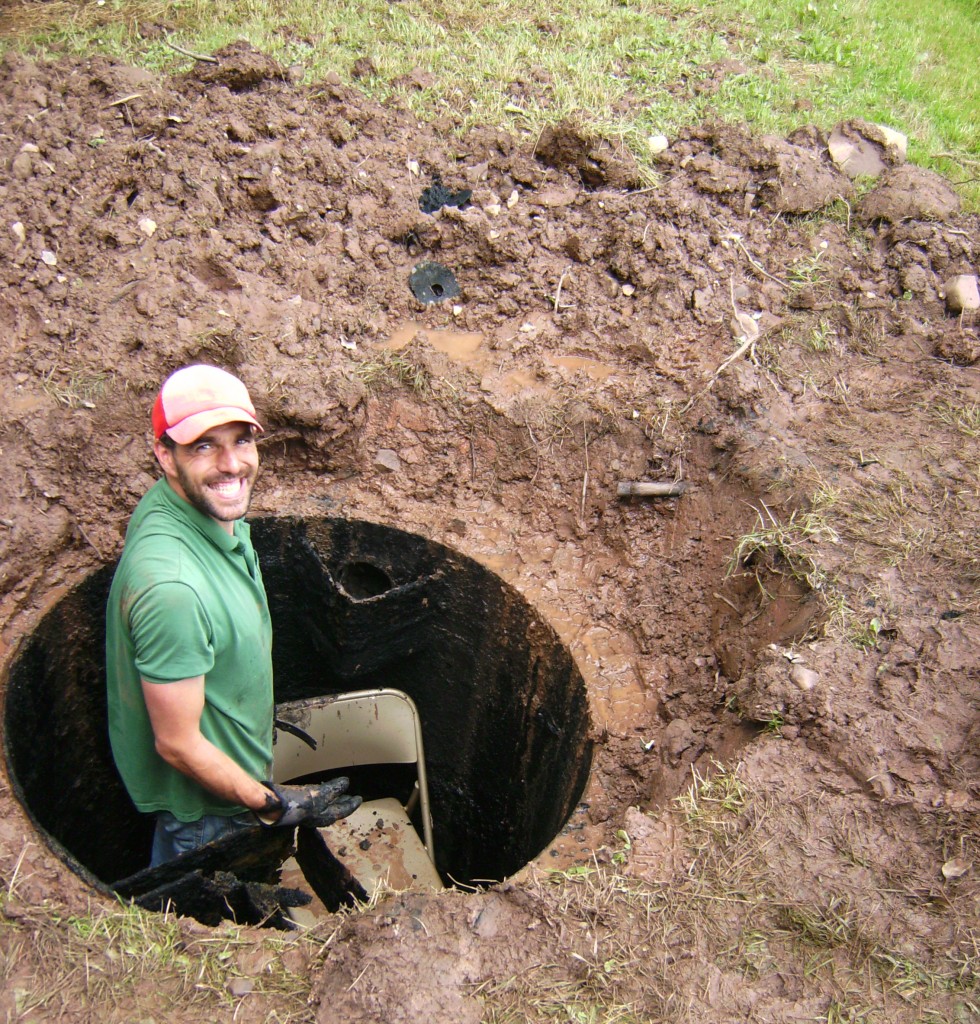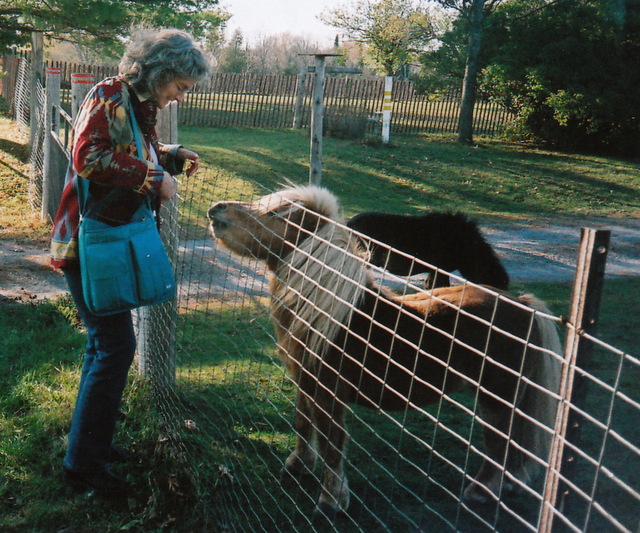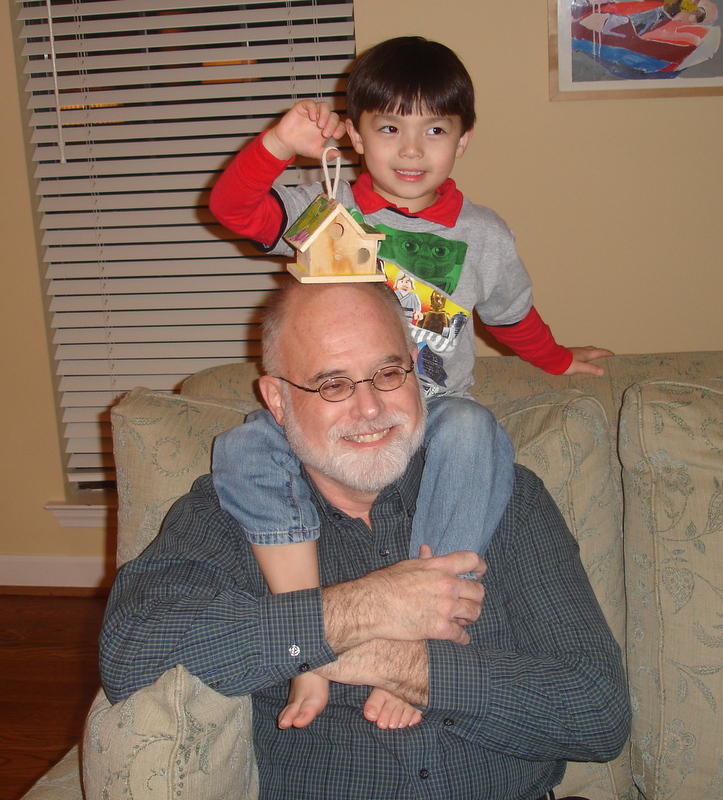
Here’s another packet cover letter from my student Annie Bleecker in New Orleans (oh, I am blessed this semester with students who excel as letter writers). I published excerpts from her previous letter a month ago. You may remember it, you legions of NC readers. Annie is witty, spritely and aphoristic (read her last line on Viktor Shklovsky below). Also hilarious. Very droll. Also very liberated in her use of alternative forms (hourly diary, capitalization, mathematical symbols, parentheticals). She often couches her observations as binaries, contending contraries — even when she is not writing aphorisms per se, her thinking processes bend to the form. Much to admire. (I’ve cut out the bits that too specifically relate to our packet business.)
dg
.
Quickly, I want to give you a rundown of yesterday today, Saturday, the day I mistakenly thought was the packet due date
5:00 am: Alarm goes off. This is my weekday alarm, but I figure I’d better go with 5:00 today too because my three-year-old’s biorhythms are keenly attuned to the days of the week. She’ll throw a fit if she catches me sneaking out on the weekend.
5:05: Plan foiled. Fit thrown. I spend the next hour bribing her with food to go back to sleep / stripping her bed of peed sheets.
6:30: Leave house. Drive to work. Get a flat tire. Realize that this will be the second time in a week that I have called AAA. Realize that I don’t have AAA [card], so will have to get my husband (and thus, three-year-old) to come to the office to be here in person with the AAA card when the tow truck arrives. Realize the tow truck will not be able to fit in the parking garage. Ignore all of these realizations so that I can focus on finishing my packet.
7:00: Arrive at office. Take elevator to 24th floor. Put headphones on. Start writing. Scream bloody murder when a security guard appears in the doorway of what I thought was an empty office. Bitterly digest the information she tells me—that the lights and the air conditioning will be shut off at noon. Ignore this announcement so that I can focus on packet.
12:00: This begins the half of the day in which I write in the dark, sweating.
§
Moving on…This cover letter has become a form of procrastination in its own right, mainly because it’s so much more fun to write. This leads me to a conundrum I’ve been thinking a lot about: I get that you would like me to write my creative stuff in the way I write these letters. I would also like that. However, I cannot think of something to write about in this tone. I don’t like to admit this because it seems simple, but I’ve not been able to come up with anything. It’s not like I only want to write all this dark shit all the time, but that is what occurs to me to write about.
§
On Writing a List Essay I find the list essay liberating. It is what I falsely imagine fiction writing to be like in the sense that it provides me with a vehicle for indirectness, a way to get around myself.
A bit of irony: one of the first list items is “fixate on identifying a narrative of decline.” When I was finishing the list, it occurred to me (because, as you know, very obvious things placed in front of my nose are never obvious to me) that the very act of writing a list about the past few years is precisely that—trying to identify a narrative of decline. There is something “so meta” about that, as the young folks say.
The deeper I got into the list, the more worried I became that I wasn’t going to be able to form a narrative arc with a beginning and an end from what I had. But the more I wrote, the more it seemed like a subtle transition was arising on its own, that of “the narrator” becoming a bit less of an asshole and slightly more engaged. I noticed that toward the end, I was advising the “narrator” not to say what she was really thinking, to instead smile and nod; whereas in the beginning of the essay, I would have instructed the narrator to do precisely the opposite. That wasn’t intentional. What is interesting is that I don’t even know if these instructions are what actually happened or is happening in reality or if I’m willing it so with the story. Getting into meta territory again here.
If I had to categorize this month it would fall under “Profound Doubt.” While first elated by the list essay and the distance / detachment it provided me, I now worry that I’ve abused the form. I’m not being evasive about action, but by avoiding writing about feelings, emotions, consequences, etc., I am still not giving a full picture. On the other hand, for me that was kind of the point.
Oh, and it’s supposed to be funny, and if I didn’t pull that off, then I’m really fucked because I just sound like a psychopath. So there they blow, the details in all their twisted glory. Do me a favor and drink a scotch (this is what I picture you drinking) before reading.
I went to hear Pam Houston talk at a bookstore hear after she published Contents May Have Shifted (which I hadn’t read but was persuaded to buy that night because of the intense stink-eye the bookstore clerks delivered). She said that it took her a few years to write the book and then she spent another few years just ordering and rearranging the snippets. This sounded ludicrous to me (though she did admit that she loves teaching and that’s why it took her so long), but I feel like I get that now. I wrote this essay really quickly (list essay = liberating), but then tinkered with the bits endlessly. I suspect this had something to do with tinkering and rearranging being easier than revising another essay. I even literally cut out each item with scissors and attempted to categorize. This is when I had to begin locking the closet in my office because I had a long row of stacks of tiny papers with a yellow post-it atop each stack that read things like “SCHOOL” and ‘BETTERMENT” and “MARRIAGE.” Again, something that could easily implicate me as a sociopath.
Lastly, I hate the title. The only alternative I could think of was “Shit Creek: A Navigational Guide (Exit Not Guaranteed)”.
§
On Audience Mid-month I attended a literary area festival in New Orleans (the one literary festival in New Orleans). I’d planned to go all year but I was privately hoping it’d recharge me in the way that residency does. What it did was make me want to read other people’s books, and did nothing to spawn ideas of my own, but there was a panel discussion that I keep thinking about. I don’t remember the topic of the panel, but the discussion had turned to writing with a specific audience in mind. A man named Kiese Layton (whose book I would very much like to read but they had SOLD OUT of it at the festival…I didn’t know that happened at literary festivals) was saying that no one writes to young black women and that young black people in general are alienated from literature because no one writes with them in mind. I am positive that this is true, but the idea he brought up—writing creatively for a specific audience—scared the shit out of me. I do that every day in copywriting—I have to—(e.g. “is this targeted to the accounts payable manager or to the c-level executive?”), but I actively try to erase any kind of audience when writing creatively. I have a hard enough time not writing with my advisor in mind, which is absurd, and surely nothing good can come of it. Finally, one of the panelists, Laura Van Der Berg, said exactly what I was thinking, that if she had to write with a specific audience in mind, she would never write a thing. And then, that she has to fool herself into believing that no one will ever read what she’s writing, that she is doing it only for herself. And she is a fiction writer!
§
On Micheline Ahoronian Marcom I was intrigued by Marcom after reading her interview on NC. I chose Mirror in the Well over her other novels because it was about sex (or “unhindered uncensored female sexuality” as she put it on NC) and the others were about…well, I can’t remember because it was something other than sex. Easy choice.
§
On Viktor Shklovsky I swear to you that I am not shirking the reading list we drafted. I did open Viktor Shklovsky several times this month in the hopes that he would provide me a succinct and formal statement about theme that I could supplant Mary Ruefle’s with in my critical essay. He did not, unless he called it by a different word, like “motif”, but still, I failed to make a connection to my critical thesis (Damn you, Shklovsky!). I am finding reading him to be like eating flourless chocolate cake—wonderful but dense as hell, thus I can only digest a little bit at a time.
—Annie Bleecker
Annie Bleecker lives in New Orleans, where she writes ad copy for accounts payable automation software by day and creative nonfiction by night. She is pursuing an MFA from Vermont College of Fine Arts.






























